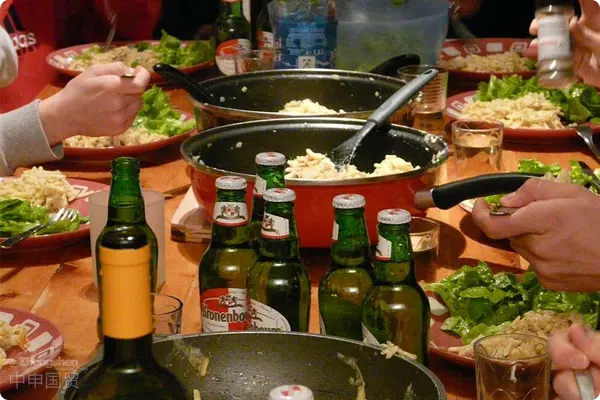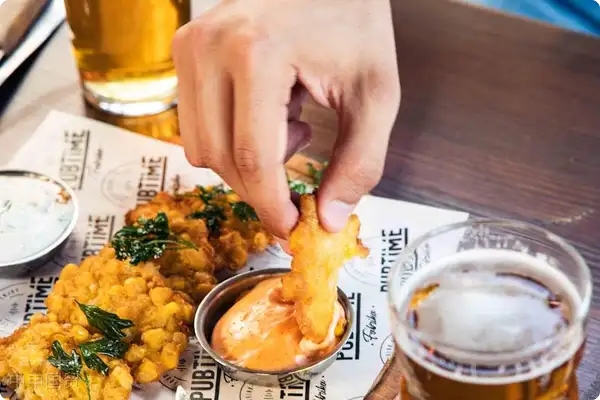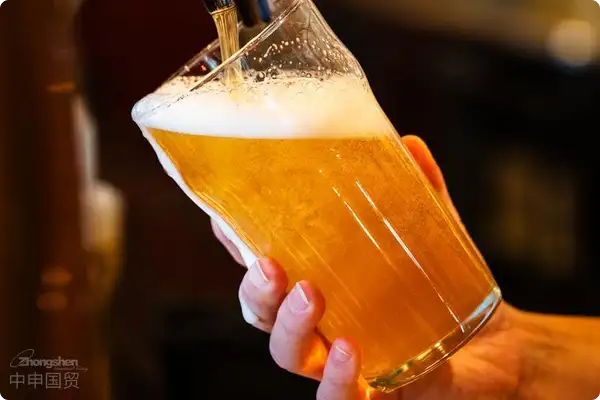- Shanghai Zhongshen International Trade Co., Ltd. - Two decades of trade agency expertise.
- Service Hotline: 139 1787 2118
In recent years, the prepared meal market has flourished, becoming a highlight in the food industry. Guangdong Province, as a hub for the prepared meal industry, hosts numerous upstream and downstream enterprises and holds a significant position in the national market. However, exporting prepared meals to international markets involves complex regulations and standards. How can prepared meals navigate the path to global markets? This article explores the definition of prepared meals, policy support, and pre-export preparations to help enterprises better expand into international markets.
What Are Prepared Meals?
On March 18, 2024, the State Administration for Market Regulation and five other departments jointly issued the Notice on Strengthening Food Safety Supervision of Prepared Meals and Promoting High-Quality Industry Development (No. 27 [2024]), clarifying the scope of prepared meals. Prepared meals, also known as pre-made dishes, are pre-packaged dishes made from one or more agricultural products and their derivatives through industrial pre-processing. These dishes require heating or cooking before consumption and must meet the storage, transportation, and sales conditions specified on the product label.
Note: Dishes made in central kitchens do not fall under the scope of prepared meals. Similarly, minimally processed foods like washed, peeled, or cut vegetables, as well as ready-to-eat foods such as frozen rice and flour products, instant foods, boxed meals, steamed buns, and salads, are excluded from the definition of prepared meals.

Policy Support
Since 2020, Guangdong Province has taken the lead in promoting the prepared meal industry at the provincial level. On March 25, 2022, the General Office of the Guangdong Provincial Peoples Government issued the Ten Measures to Accelerate the High-Quality Development of Guangdongs Prepared Meal Industry, proposing a series of measures to boost the industry. It explicitly stated the goal to promote prepared meals in international markets and aims to cultivate a group of leading prepared meal enterprises with national and global influence within five years.
The 2023 Central No. 1 Document for the first time explicitly called to cultivate and develop the prepared meal industry, providing strong policy support for the sector. Government policies at all levels have created a favorable environment for prepared meal enterprises, helping them improve product quality and market competitiveness.
Pre-Export Preparations
To export prepared meals to international markets, enterprises must complete the following preparatory work to ensure compliance with target market requirements.
Strictly Implement Primary Responsibilities
Prepared meal exporters must establish a comprehensive food safety and hygiene control system to ensure that production, processing, and storage processes consistently meet Chinese regulations and export requirements. Enterprises should implement supplier evaluation, inspection records, production archives, factory inspection records, export traceability systems, and non-compliant product disposal mechanisms. Records must be retained for at least six months after the products shelf life or two years if no shelf life is specified.
Prepared Meal Production License
Prepared meal producers must obtain production licenses from market regulatory authorities. License reviews and on-site inspections are critical steps to ensure compliance. Enterprises must ensure production facilities and processes meet relevant standards for product safety and quality.
Target Market Research
Thoroughly research the food safety regulations, labeling requirements, and inspection standards of the target export country to ensure prepared meals meet local market entry conditions. For example, different countries have varying rules on food additives and preservatives, so product formulations must align with target market requirements.
Registration and Foreign Recommendation
Export food ingredient farms and aquaculture sites must register with local customs, with the General Administration of Customs publishing a unified list. Export food producers must also register with their local customs. If the destination country requires registration and recommendation by Chinese authorities, enterprises must apply through their local customs, which will submit qualified applications to higher authorities.
IV.Export ClearanceProcess
Prepared meal exports must follow strict customs declaration procedures to ensure smooth entry into international markets.
Pre-Export Supervision Application
Export food producers and traders must submit pre-export supervision applications to their local or cargo assembly customs. Customs will conduct on-site inspections and sampling for products requiring quarantine.
Cargo Sampling, Certification, and Follow-Up Actions
After accepting the food export pre-shipment inspection application from the place of origin or consolidation, customs will conduct inspections and sampling of the export food. If compliant, customs will issue a certificate permitting export; if non-compliant, exporters must conduct technical treatment as notified by customs before being eligible for export.
The following is the diagram of the Jiangsu agency import and export process:
Food exporters or their agents shall declare export food to customs truthfully and legally, including product name, quantity, value and other information, ensuring the accuracy of declared information.
Port Inspection
Customs conducts inspections on export food at ports. Products failing inspection will be prohibited from export. Enterprises must ensure products maintain good condition during transportation to avoid quality issues caused by improper storage or transport.
Conclusion
As an emerging force in the food industry, prepared dishes have broad prospects in export markets. However, strict regulations and standards in various countries pose higher challenges for enterprises. By gaining in-depth understanding of prepared dishes definitions, policy support and pre-export preparations, enterprises can better navigate the complex international market environment, ensuring product compliance and market competitiveness. This article aims to provide valuable references and guidance for your prepared dishes export process, helping you achieve greater success in global markets.
Related Recommendations
Category case
Contact Us
Email: service@sh-zhongshen.com
Related Recommendations
Contact via WeChat

? 2025. All Rights Reserved. 滬ICP備2023007705號(hào)-2  PSB Record: Shanghai No.31011502009912
PSB Record: Shanghai No.31011502009912









